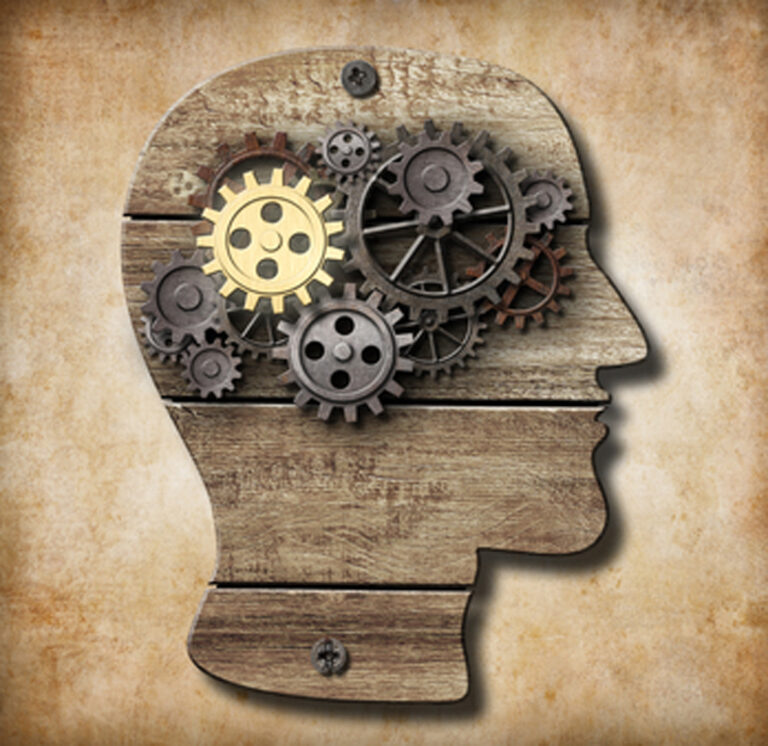What is EMDR Therapy?
EMDR Therapy (“Eye Movement Desensitization and Reprocessing”) is a form of psychotherapy developed by Francine Shapiro, which was originally designed to alleviate symptoms associated with traumatic memories.
This technique uses eye movements or other various forms of bilateral stimulation (tapping, sounds) to assist clients in processing distressing memories or symptoms. EMDR Therapy is usually used in the treatment of post-traumatic stress disorder.
How to Diagnose Depression.
Depression is a mood disorder characterized by a persistent low mood, feeling of profound sadness and loss of interest in the activities the person used to enjoy in their daily life.
The most common symptoms are: sadness, low energy levels, unintentional weight loss or sudden weight gain, low appetite, emotional eating, insomnia, slowed movement or speech, low libido, feelings of worthlessness or guilt, suicidal thoughts, difficulty in thinking and decision making, mood swings. These symptoms should last on average around 6 to 8 months.
The main causes of depression are death or loss, any type of abuse, substance abuse, serious illnesses, genetics, certain medications, constant conflicts, any type of trauma, major stressful life events.
The probability that you will develop depression after facing any of those factors depends also on your own vulnerability, personal history and development.
The Link Between EMDR Therapy and Depression.
Studies show that EMDR Therapy is an effective treatment for depression. EMDR Therapy should be seen as an effective intervention in working with patients that are facing depression, even if they are dealing with the symptoms for several years.
At any given moment you are able to go back with your patient, identify the main trigger events for their current state and work on those memories. While reprocessing those main traumatic or disturbing events, the client will be able to change their perspective on those events and eventually on their whole life.
EMDR Therapy is an effective tool for patients facing depression because it can be used in multiple ways.
You can identify the factors that caused depression by looking at the potential causes and then work on those specific memories and events. Another approach is to start using EMDR while focusing on the symptoms the client is currently facing and use bilateral stimulation or tapping.
While they reprocess these particular symptoms their brain can bring back the events that caused them to develop these symptoms in time. So even if they can’t remember the experiences that caused their current distress, by using this type of therapy, their brain can link the symptoms to certain events automatically.
The brain stores the things that happened to us and knows how to link symptoms to their cause.
We just need to provide the appropriate context in which the brain is able to reprocess things, provide another perspective on those events and let them store the same memory with the new meaning attached to it. This will bring the patient a new understanding over those events, different emotions attached to them and they won’t feel they are carrying those events with them. They will feel that they are just things that happened to them but they no longer have the same impact or meaning.
When working with patients that suffer from depression, EMDR therapists usually try to identify with the patient the memories of the first events that managed to build the core beliefs which brought them in this state. Those core beliefs build the symptoms of depression in time if they are not identified and reprocessed.
An example in this process could be a client that has strong feelings of dependency and jealousy. This is creating discomfort for himself and his partner. He has become depressed because he is constantly thinking about losing his partner and having trouble thinking clearly about this topic.
The therapist could help him identify a childhood memory where he was left alone and felt he was in danger. The memory that could show a parent leaving him feeling insecure could be the root of his current beliefs.
Reprocessing that particular memory and other key memories that reinforced his feelings and showed him that he could not feel safe, will help the patient work on his negative cognition and emotions while replacing them with positive ones.
To My Colleagues Seeking EMDR Consultation Hours:
I currently offer EMDR Consultation individually, in groups, and virtually. This is an excellent and affordable way to get your EMDR Consultation hours. Learn more here.
Hope to see you soon. – Stephen






